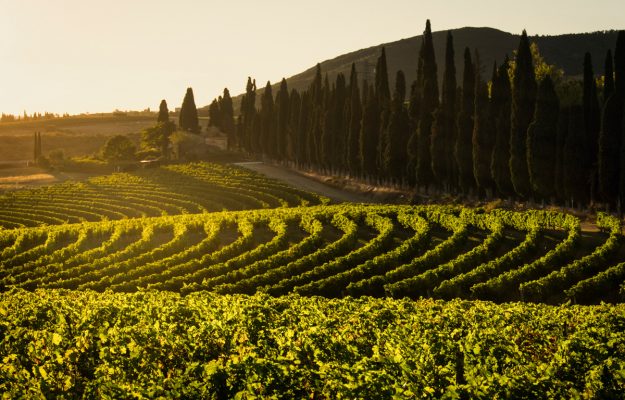The liberalization of planting rights is still quite a hot issue. The European Commission implemented it in 2008 in the wine sector reform and immediately it encountered opposition from the denomination wines sector, which led to the creation of EFOW, the European Federation of Origin Wines. One of the principal missions of EFOW included specifically re-establishing the system of planting rights.
EFOW took their commitment very seriously, and after 3 years of public campaigns, its members succeeded in convincing both national and European policy makers of the vital importance to maintain a management tool related to the growth of planting rights. Consequently, thanks to a platform of EU wine producing member states, the support of MEPs from the Agriculture Commission of the European Parliament, and the then Commissioner for Agriculture, Dacian Cioloș, in 2013 a new tool was introduced into the Common Agricultural Policy (CAP) reform. This new tool was the authorization system for vine-growing systems, which should be expiring in 2030.
EFOW and its members consider the sustainable growth of vineyard areas a fundamental element in terms of protecting as well as developing denomination wines and have advocated extending the current system ever since the reform was put into effect. Up until now, however, only the European Parliament has openly taken sides on the issue and is in favor, proposing to maintain the current system until 2050.
“I am very worried about producing Member States failing to take a position on this matter”, stated the president of EFOW, Bernard Farges, because “in October, the German presidency of the Council should be closing discussions on the COMMON AGRICULTURE POLICY and at the moment, no one, except for the European Parliament, has deliberated this sensitive issue. Further, it is worth noting that the sector is going through a particularly difficult moment, because of the Covid-19 crisis and the United States’ retaliatory tariffs. This is also the reason why the sector desperately needs a strong positive signal, to be able to restart and plan future harvests in the best possible way. We would like to remind everyone that there is no future for European viticulture without designations of origin”.
“It is difficult to understand the reasons why a tool like this might be lost within the CAP”, pointed out the president of Federdoc (Italian federation for protection of DOC wines) and vice president of EFOW, Riccardo Ricci Curbastro. “It is a tool that we must remind everyone, has no financial implications, it is a great help in preventing overproduction crises as well as decline in quality, it is a defense that protects us from the loss of natural landscapes, and it plays a fundamental role in maintaining the delicate system of small family-run businesses. The gravity of the current moment requires us to act quickly. We cannot wait for the European Commission's report on the system, which is scheduled for 2023, also because in that year the Commission and Parliament will be renewed again, and this risks creating an absolutely unsustainable atmosphere. If there is no certainty, there is no investment; and designations of origin need investments and long-term planning to continue to excel”.
Copyright © 2000/2026
Contatti: info@winenews.it
Seguici anche su Twitter: @WineNewsIt
Seguici anche su Facebook: @winenewsit
Questo articolo è tratto dall'archivio di WineNews - Tutti i diritti riservati - Copyright © 2000/2026







































































































































































































